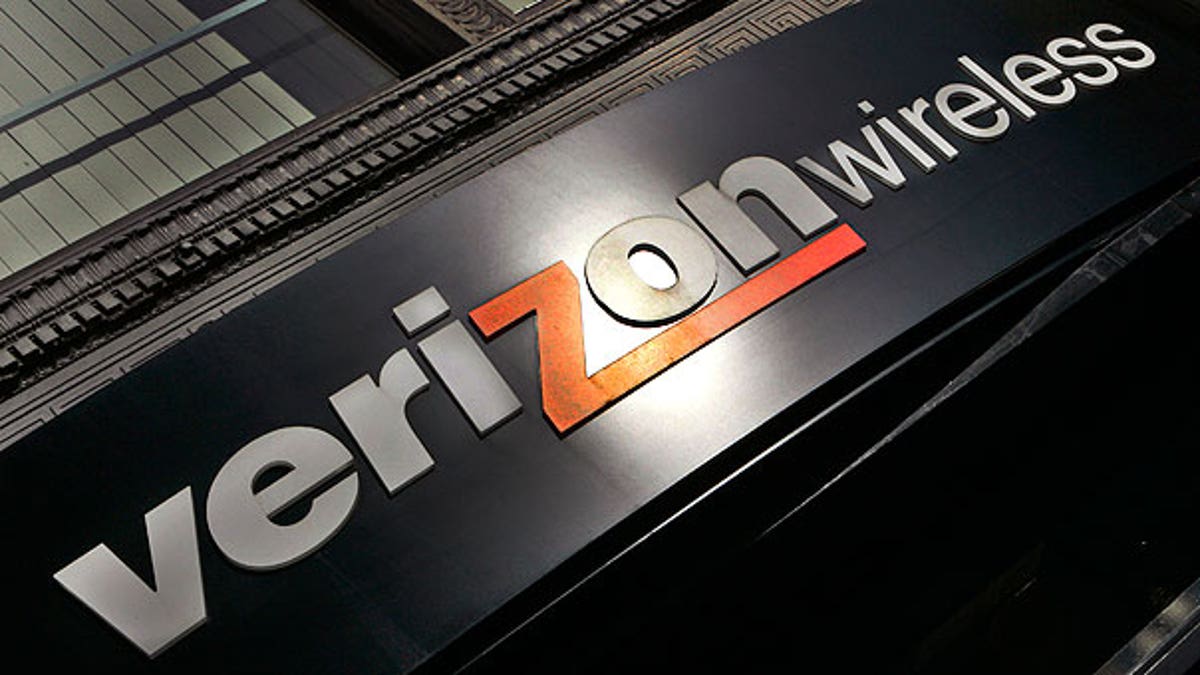
In this Oct. 30, 2006, file photo, a Verizon Wireless store sign is seen in a Portland, Ore. (AP)
If you think back to late 2014 and early 2015, you might remember that AT&T and Verizon caught a lot of flak over something called a "supercookie." A supercookie is a tracking system that consumers can't disable. The carriers used supercookies to track users' Internet browsing over a cellular network so they could show targeted advertising and share customer information with third-party websites.
Obviously, consumers weren't happy about this. AT&T's first response was to charge customers a $30 fee to NOT track their data. Eventually, AT&T stopped using supercookies and claimed it had just been a "test" to see how well supercookies worked. Verizon, however, wasn't quite so consumer friendly.
Verizon's solution was to let its customers opt-out of the supercookie program. You just had to go into your Verizon account and disable "Relevant Mobile Advertising" and it would stop sharing your information with third parties. Unfortunately, there was, and still is, a big problem with the plan.
The way Verizon's supercookie works is to attach a unique identifying header, or UIDH, to your Web traffic. Even if you opt out of the program and Verizon stops sharing your UIDH with third parties, the header is still there. Any website or ad network you visit can record it and build up a profile of your Web travels. Fortunately, that's finally changing.
While customers weren't happy with the privacy aspect of Verizon's supercookie tracking, the Federal Communications Commission took exception to the fact that Verizon was operating its supercookie for two years, starting in October 2012, before disclosing that fact to consumers.
The FCC dinged Verizon for violating Section 222 of the Communications Act and Section 8.3 of the Open Internet Transparency Rule. As such, Verizon has to pay a fine of $1.35 million. In addition, Verizon has to change how its supercookie works.
Starting soon, Verizon has to clearly state to its customers exactly how they are being tracked. More importantly, the supercookie program is now an opt-in program. Consumers have to opt-in to having their information shared with third parties, and they also need to opt-in to having Verizon use their information with other Verizon-owned companies like AOL.
Consumers who don't opt-in will no longer have a UIDH attached to their Web traffic so they can better maintain their privacy online. For consumers who do opt in, they'll have more control of which third parties Verizon shares their information with and how their information is used.
The FCC is requiring Verizon to submit a three-year compliance plan. For the moment, there isn't a specific timeline on when these changes will go into effect.
Still, it should be reasonably obvious because Verizon should ask you if you want to opt-in. This might come in a clear disclosure, or it could spin it as getting more relevant advertising. Be on the lookout for messages of this nature and be sure to select "No."
Supercookies aren't the only ways advertisers are tracking you on your mobile gadgets. Apple, Android and Windows Phone have settings you need to turn off if you don't want to be tracked. Find out what they are.








































